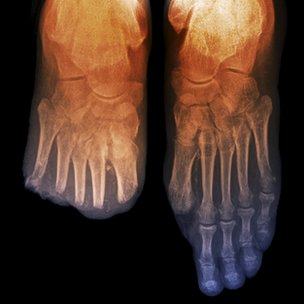Diabetes often goes undiagnosed because many of its symptoms seem so harmless. Recent studies indicate that the early detection of diabetes symptoms and treatment can decrease the chance of developing the complications of diabetes.
Some diabetes symptoms include:
* Frequent urination
* Excessive thirst
* Extreme hunger (blood sugar bottoms out, with dizzy spells)
* Unusual weight loss
* Increased fatigue
* Irritability
* Blurry vision (during dizzy spells)
http://www.diabetes.org/diabetes-symptoms.jsp
Take this short test to see if you are at risk for diabetes...
http://www.diabetes.org/risk-test.jsp
Some diabetes symptoms include:
* Frequent urination
* Excessive thirst
* Extreme hunger (blood sugar bottoms out, with dizzy spells)
* Unusual weight loss
* Increased fatigue
* Irritability
* Blurry vision (during dizzy spells)
http://www.diabetes.org/diabetes-symptoms.jsp
Take this short test to see if you are at risk for diabetes...
http://www.diabetes.org/risk-test.jsp




